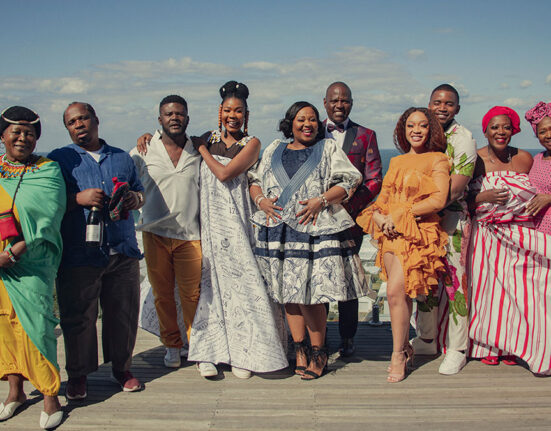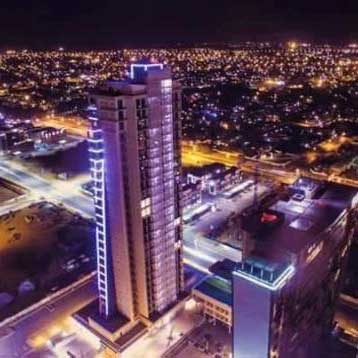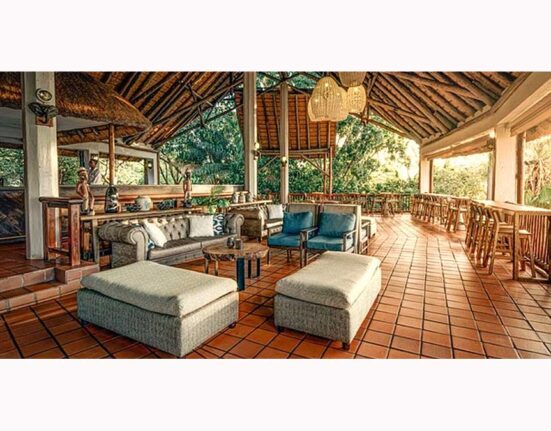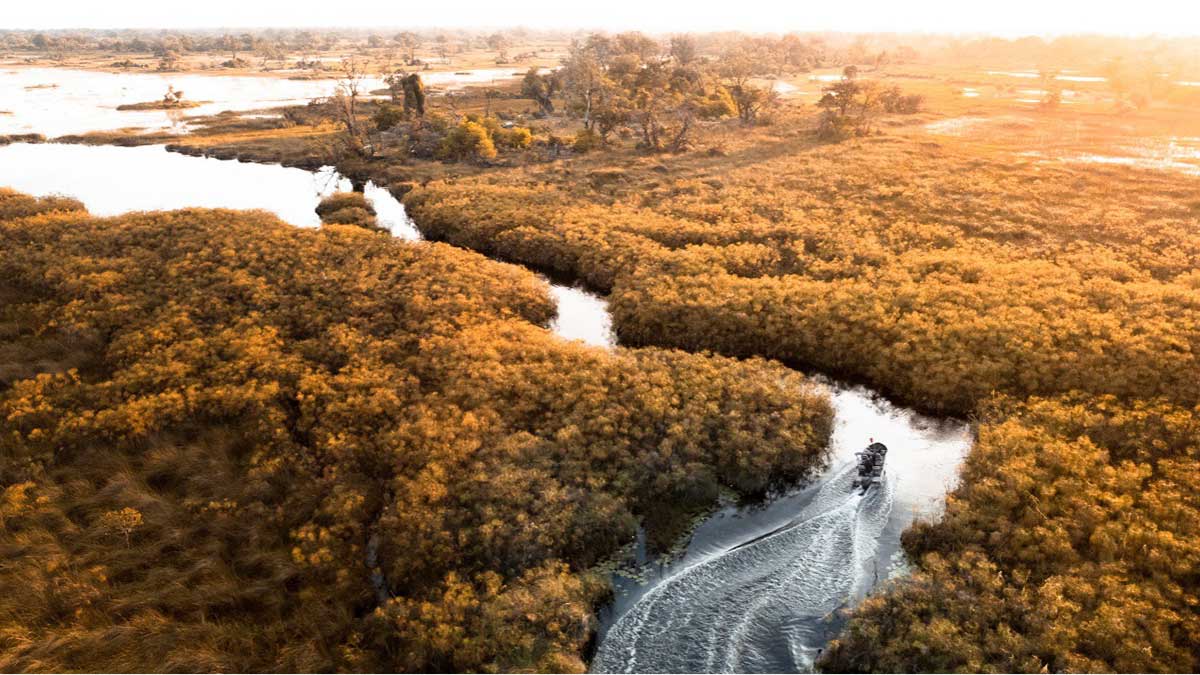In a powerful demonstration of its conservation-driven business model, Wilderness has announced its highest-ever annual payments to governments and communities in its 42-year history – USD17.1 million paid by the Group and its guests during the 2025 financial year. This figure represents a 21% increase over FY24, and brings the total paid out over the last decade to USD97 million.
These payments are the most direct and meaningful contributions Wilderness and its guests make to conservation and rural development in the regions where the Group operates. They fund wildlife conservation and community upliftment across seven African countries, being Botswana, Kenya, Namibia, Rwanda, Tanzania, Zambia and Zimbabwe.
“Every dollar we, and our guests, pay to governments and communities contributes to the conservation economy”, noted Vince Shacks, Wilderness Group Head of Impact. “These payments give economic value to wildlife, support rural livelihoods, and help make conservation a viable, long-term solution – while allowing us to share some of the most extraordinary places on Earth with our guests”.
Operating in 2.3 million hectares (5.6 million acres) of protected areas across Africa, Wilderness believes that the value of wild places must be felt by those who live closest to them, a belief which sits at the heart of the business, and at the foundation of its Impact strategy to Educate, Empower, and Protect.
In Botswana, Wilderness’ investment and spend data continues to fuel greater impact:
- Over P4.7 billion in foreign exchange contributed to Botswana’s economy in the past 10 years.
- P1.2 billion paid in staff wages over the past decade, supporting over 1,100 livelihoods – 97% of whom are Batswana.
- P305 million paid in concession fees to government and communities over 10 years, helping protect over 257,000 hectares of ecologically sensitive land.
- P1.8 billion spent locally in the last decade through a local procurement policy, now increasing to support more citizen economic empowerment and local SMEs and SMMEs. These local purchases constitute 80% or more of total purchases of goods and services.
- Over P700 million invested in Botswana since 2016.
- 97 conservation and community projects supported through the Wilderness Trust, with a total value of P29 million.
- Over 2,300 young learners reached through the Children in the Wilderness (CITW) programme since 2001.
- Over 10,000 food parcels delivered as emergency relief during COVID-19 and drought crises.
- New investment in local agriculture: a farm in Shorobe is soon to be operational to supply fresh produce to Wilderness camps.
“These payments and investments allow us the privilege to operate in some of the world’s most pristine wilderness areas”, continued Vince. “But it’s the ripple effect we have beyond that that really adds up”.
Over and above the financial contributions Wilderness and its guests make to governments and communities, the Group has hosted more than 8,500 children, like Botswana’s Kitso Paris Mpinang, on life-shaping Children in the Wilderness camps; assisted the people of Okavango Community Trust villages through construction of two new classrooms at Eretsha; and launched pioneering community initiatives like Zimbabwe’s Ngamo Livestock Farm and Vocational Centre.
“These figures aren’t just numbers”, Vince added. “They’re proof that our conservation tourism model can, and must, be a force for good. And we’re only able to make these payments because of the incredible support from our guests, trade partners, and stakeholders. By choosing Wilderness they are choosing to contribute to something much greater: the conservation of our natural world”.
As Wilderness continues on its journey to double the amount of land it helps protect by 2030, these financial contributions mark a significant milestone in the company’s mission: to increase the world’s wilderness, together.
Learn more about how Wilderness is driving conservation and rural development in Africa, by clicking here.








